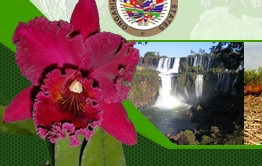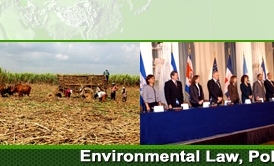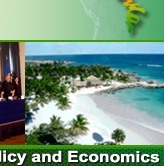|
|
|
|
|
|
|
|
||
|
|
|
||
 |
 |
 |
|
|
|
|
||
|
|
|
|
|
|
|
|
||
|
|
|
||
 |
 |
 |
|
|
|
|
||
|
Review of Global Strategies in Freshwater: Making Water Everybody’s Business Presented By: Nuno Lacasta from the Center for International Environmental Law Date: April 19, 2001 Summary: The need to address the emerging water crisis is clear. The emerging water crisis has attracted considerable attention from global players. The World Water Vision sets out a forward-looking and valuable policy strategy, but with little incentives for implementation. The United Nations Water Treaty does not appear to provide momentum for sifting water management principles towards environmental protection and equitable distribution. There are different conceptions of water: as a development resource, as a commodity, as an environmental resource, as a human right, and as a component of national security. Water as a human right is gaining momentum through the promotion of water access to local communities and subsistence users, by emphasizing social equity and by establishing direct human consumption as the highest priority in national water policy. However, this rights-based approach doesn’t necessarily further environmental goals. The role of global policies and initiatives is to coordinate responses to an emerging crisis and to establish a framework for transfers of resources and assistance. However, water management is essentially local or regional. Global process provide several possible functions: to set minimum standards to be followed at a water basin level, to highlight global trends in water resources and publicize the importance of the issue, to provide forums for coordination of and increases in financial, technical and other assistance, and to provide in some instances a framework for resolving regional or local disputes. Comments: Short minutes and the power point presentation are on file. These provide only a skeleton of the presentation as described above.
|
©
2005 Office for Sustainable Development and Environment -
Organization of American States. All
Rights Reserved. |